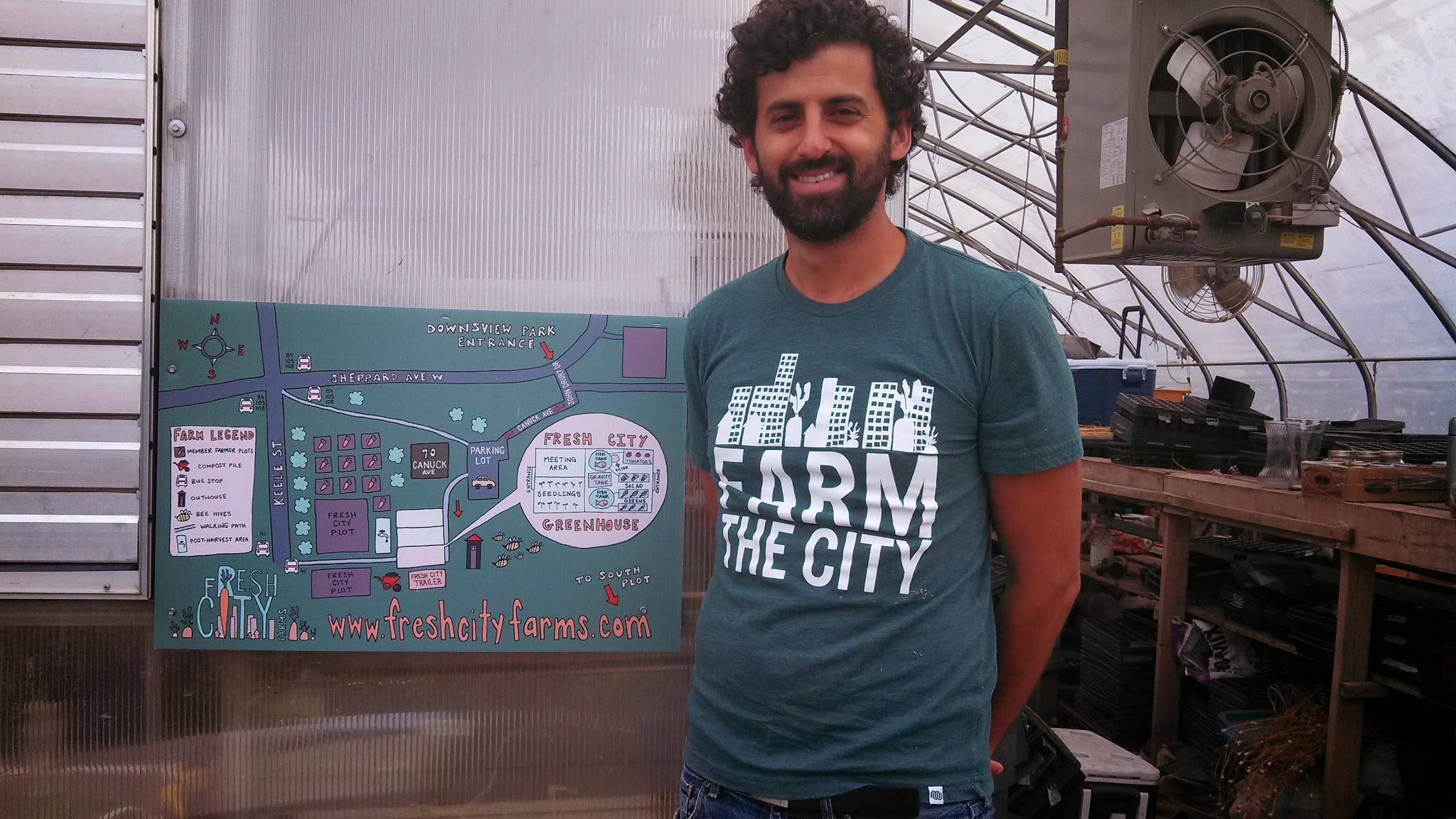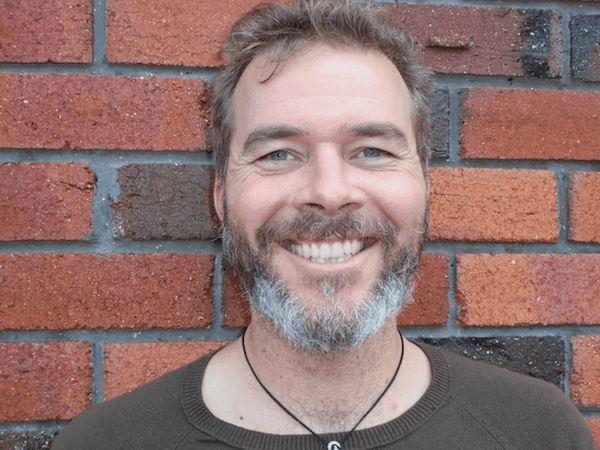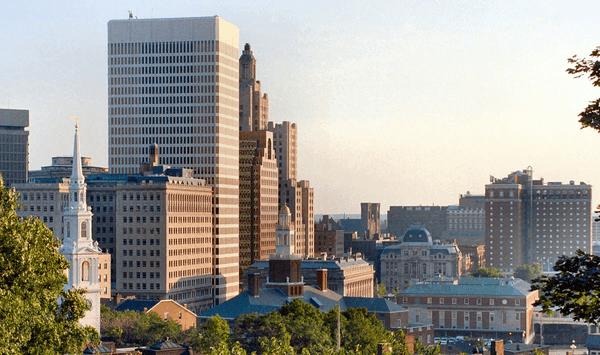Size and population development
The 2016 census record the population of the city of Toronto at 2,731,57. The city covers an area of 630 square kilometres with a density of 4,334 per km2. The population grew by 4.5% between the 2011 and 2016 census.
Population composition
According the 2016 Census data, persons aged 14 years and under made up 14.5% of the population, and those aged 65 years and over made up 15.6%. The median age was 39.3 years. The city's gender population is 52% female and 48% male. In 2016, foreign-born persons made up 47% of the population. The two largest ethnic origins overall were Chinese (332,830 or 12.5%), and English (331,890 or 12.3%). Common regions of ethnic origin were European (47.9%), Asian (including middle-Eastern – 40.1%), African (5.5%), Latin/Central/South American (4.2%), and North American aboriginal (1.2). The most commonly reported religion in Toronto was Christianity, adhered to by 54.1% of the population. A plurality, 28.2%, of the city's population was Catholic, followed by Protestants (11.9%), Christian Orthodox (4.3%), and members of other Christian denominations (9.7%). Other religions practised in the city are Islam (8.2%), Hindusim (5.6%), Judaism (3.8%), Buddhism (2.7%), and Sikhism (0.8%). Those with no religious affiliation made up 24.2% of the population. While English was the predominant language spoken, many other languages have considerable numbers of local speakers. Chinese and Italian are the second and third most widely spoken languages at work.
Main functions
Toronto is the provincial capital of Ontario and the most populous city in Canada. Its location on the north-western shore of Lake Ontario, which forms part of the border between Canada and the United States, and its access to Atlantic shipping via the St. Lawrence Seaway and to major U.S. industrial centres via the Great have enabled Toronto to become an important international trading centre.
Main industries / business
Toronto is an international centre for business and finance. The city is home to the Toronto Stock Exchange, the headquarters of Canada's five largest banks and many large Canadian and multinational corporations. Toronto’s economy is highly diversified with strengths in technology, film and television production, design, life sciences, education, fashion, environmental innovation, food services, and tourism.
Sources for city budget
The city's revenues include subsidies from the Government of Canada and the Government of Ontario, 33% from property tax, 6% from the land transfer tax and the rest from other tax revenues and user fees.
Political structure
Toronto is a single-tier municipality governed by a mayor-council system. The Mayor of Toronto is elected by direct popular vote to serve as the chief executive of the city. The City Council is comprised of 26 directly elected members. The Mayor and members of the city council serve four-year terms without term limits.
Administrative structure
The decision-making process at the City of Toronto involves committees that report to City Council. Committees propose, review and discuss policies and recommendations before they are given to the councillors for debate and resolution at weekly meetings. Citizens and residents can only make deputations on policy to committees, citizens cannot make public presentations to City Council. Each City Councillor sits on one committee. The Mayor is a member of all committees and is entitled to one vote. There are three types of committees at the City of Toronto: Executive Committee, Standing Committees and other Committees of Council.
Website
http://www.toronto.ca/



